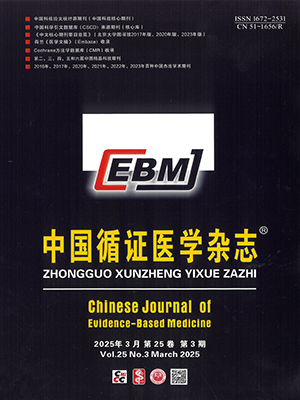Objective To evaluate the diagnosis value of purified protein derivative (PPD) antibody tests in childhood tuberculosis.
Methods We reviewed 126 cases of hospitalization children tested body fluid PPD antibody by Enzyme-Linked Immunosorbent Assay (ELISA). Twenty-two them were diagnosed with tuberculosis. We determined the sensitivity, specificity, diagnostic likelihood ratio, positive prognostic value, negative prognostic value, post-test probability, respectively.
Results The following accuracy statistics for the PPD body liquid antibody tests in this study: sensitivity, 45.45%; specificity, 91.35%; diagnostic likelihood ratio positive, 5.25; diagnostic likelihood ratio negative, 0.597; positive predictive value, 52.63%; negative predictive value, 88.79% and post-test probability, 48.09% in 15% of prevalence.
Conclusion This study shows that body fluid PPD tests have limited value for diagnosis of tuberculosis in pediatric tuberculosis. Clinic physicians should be wary of the positive results of body fluid PPD antibody tests. The value of diagnosis is related to prevalence of tuberculosis in the specific hospital.
Citation: XIA Jialing,ZHU Yu,DEN Jianjun,WAN Chaoming. The Body Fluid Purified Protein Derivative Antibody Tests: Diagnosis Value in Pediatric Tuberculosis. Chinese Journal of Evidence-Based Medicine, 2006, 06(7): 537-539. doi: Copy
Copyright © the editorial department of Chinese Journal of Evidence-Based Medicine of West China Medical Publisher. All rights reserved




